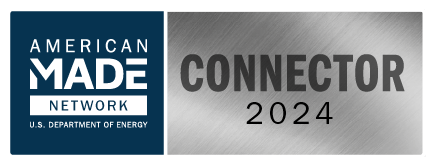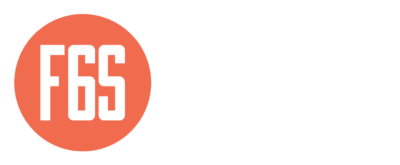First generation, low-income students, and students of color balance many social, financial, and consequently emotional challenges. Resources to manage these stressors are often lacking. Many people, particularly students, need support along their journey to healing and success.
These are beliefs held by Josué Quiñones (JQ), entrepreneur, social worker and former Opportunity Program counselor. JQ recognized the need for a meaningful way to engage others in self-care. After going through the Koffman Accelerator program, JQ launched a company to do just that, called The Success Is A Lifestyle Program.
The Success Is A Lifestyle Program creates experiences to help students find direction in life, learn to care for themselves, heal, and stay motivated through difficulties.
As a former Binghamton University Educational Opportunity Program (EOP) counselor and current counselor at Westchester Community College, JQ blends musical performance, storytelling, and motivational speaking to encourage students to get the help they need. It was his own EOP counselor at Binghamton University (BU), a Latino man whom JQ identified with and felt he could reach out to, who inspired JQ to reframe his lifestyle.
“From there it was kind of like history was written, you know,” said JQ. “He helped me in a time where I was at my lowest. He wanted to see me succeed. So I sought to be who he was for me, to others, and that’s what encouraged me to want to be an EOP counselor. I saw it as an opportunity to be able to share my story, who I was, in a way that could help others in similar situations.”
JQ began doing motivational speaking to students about self-care, and in 2019 he entered the Koffman’s Accelerator program to see how he could bring his work to a wider audience.
“I went into the program with an open mind,” JQ said. “My idea was just to find a way to reach people, and find folks who could see the benefit in something like this. The Accelerator program helped to really understand, how do you find your audience, how do you find the folks that need what you offer? And how do you position yourself to be the solution for what it is that people need?”
The program also helped JQ gain confidence in presenting his ideas, gain feedback and improve. One-on-one mentorship helped give him the push that he needed. It was also inspiring, he said, to see others be vulnerable with their ideas, and to watch them grow in the program as well.
JQ also often integrates musicality into his speaking engagements, drawing on his love of rap and hip-hop. (He and his high school music group opened for Pitbull in 2008). He has written and recorded a hip-hop/rap album titled “Self Care”. Songs on the album delve into themes such as the crush of expectations, past traumas, feelings of inertia, and trying to keep faith through tough times, closing out with more positive tracks promoting self-care. One of JQ’s programs, Self Care, shares the name and theme of the album. Both the program and the album are designed to encourage therapy and professional help, with emphasis on learning to understand yourself.
JQ currently balances time between speaking engagements, music and counseling at Westchester Community College. At the core of his work is helping students succeed the way that his own EOP counselor helped him.
“The EOP program saved my life, and I just sought to be who my counselor was for me to others,” JQ said. “I have a former student who sat in my office and confirmed that for me, he told me ‘It’s because of you that I’m here. You saved my life’. And I told him – ‘You know it’s crazy because you are who I was here for, you are the reason that I wanted to do this, thank you’- you know, so it was a beautiful experience.”



